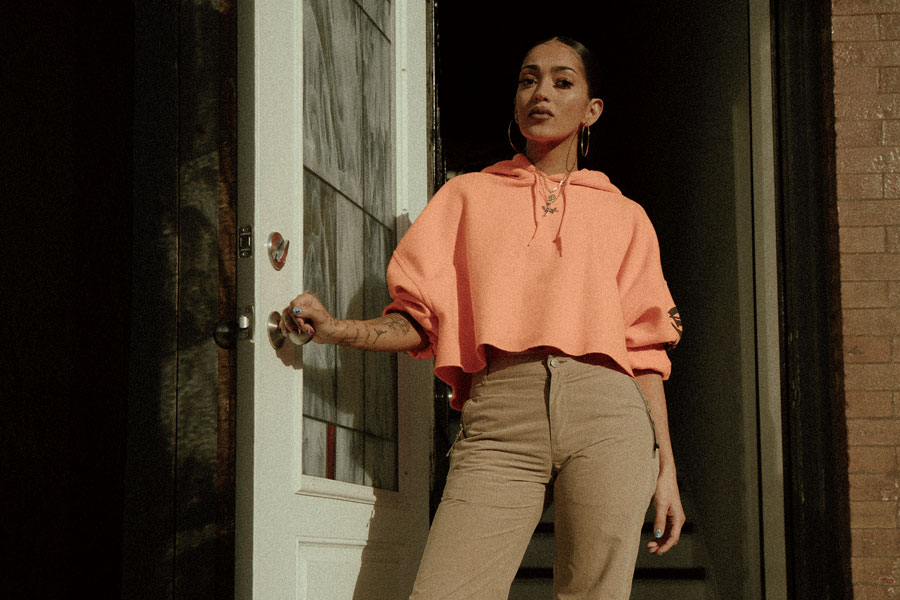This spring, the health inequalities between white Chicago and communities of color reached a crisis: Latinos were experiencing the highest rate of COVID-19 infections in Illinois, and Black Chicagoans were dying of the disease at disproportionate levels. Many people in Pilsen, where Tanya Lozano lives, including undocumented ones ineligible for stimulus checks, needed basic support fast. Most heartbreaking for Lozano personally, her own father was in a coma, on a ventilator.
“These disparities were more real than ever because of how quickly people were passing away,” Lozano says. “People got a reality check. Like, ‘Oh, wow, if we don’t do something for ourselves, we cannot stand around and rely on the systems in place.’ ” Lozano understands this in her bones — her uncle Rudy Lozano, the late Chicago labor activist, helped rally the Latino vote for Harold Washington in the ’80s.
In late April, she organized a spinoff of her nonprofit Healthy Hood Chicago, which uses wellness education to combat the life expectancy gap for underprivileged Chicagoans. We Got Us, a collective of community groups that has recruited more than 1,000 volunteers, started by addressing immediate needs, like food and masks. As of early October, it had fed about 10,000 families biweekly and expanded services to include a neighborhood pantry, grocery and hot meal delivery, and testing sites on the South and West Sides. It also hosts Survival Days in Pilsen, Humboldt Park, and Ashburn — a one-stop shop for free COVID and HIV testing, wellness checks, voter registration, and census filing.
This summer, when Black Lives Matter protests erupted downtown, Lozano organized a thousand-car caravan to carry in demonstrators and coordinated cleanup efforts for Black-owned businesses looted and vandalized on the South and West Sides. After some residents of Pilsen and Little Village harassed Black people entering their neighborhoods during the demonstrations, Lozano’s organizations spearheaded a Black and brown unity rally, which drew 3,000 attendees.
Lozano hopes to eventually expand the work of We Got Us to fill in cracks in hospital care. “The health care system doesn’t deal with the reasons why our people get sick. We can figure things out on our own. We don’t have to bow down and take defeat. And we definitely don’t have to watch our family members die.” Fortunately for Lozano, she hasn’t had to: After three months in and out of the hospital, her father came home in June.



